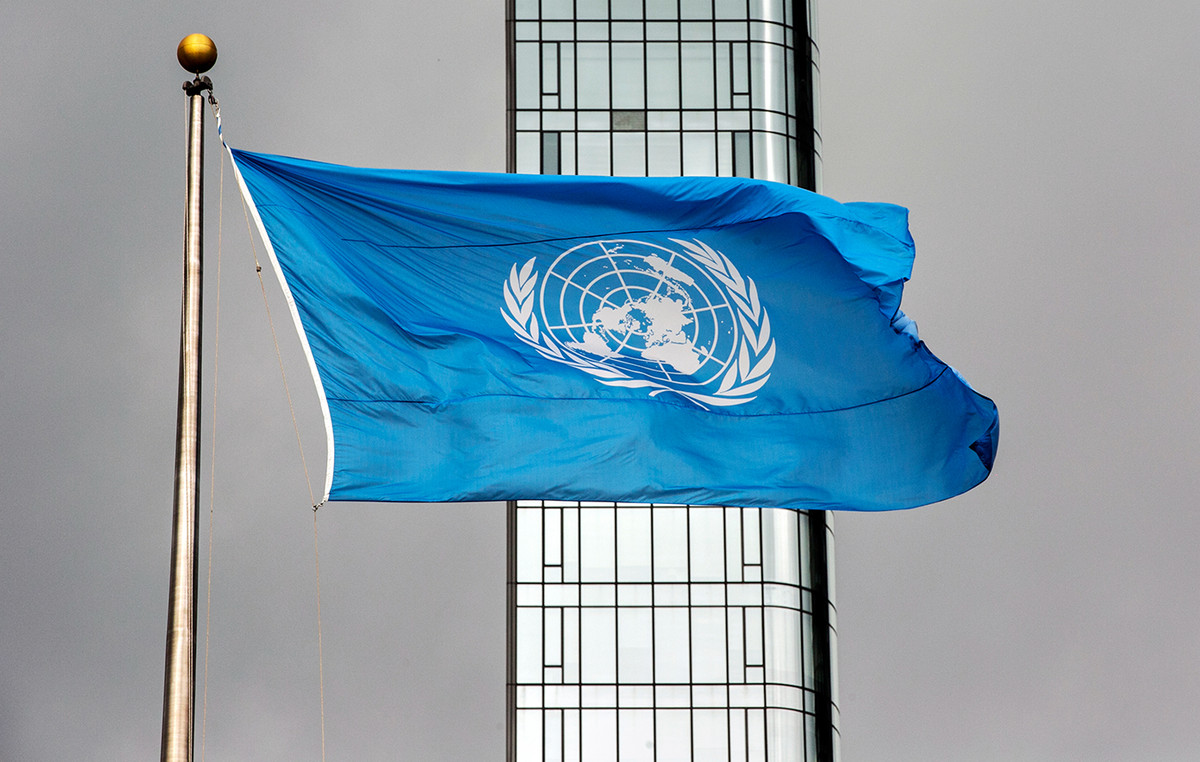This was another week of losses for US markets after sharp drops this Friday (10).
The Dow plunged after a major inflation report missed estimates and showed a higher-than-expected rise in the price of consumer goods, closing at 880 points for the day, or down 2.5%. The S&P 500, meanwhile, is down 2.7% and the Nasdaq is down about 3%.
The May consumer price index rose 8.6% from a year earlier, its highest level since 1981. Economists had forecast an increase of 8.3%. The core index, which excludes food and energy prices, rose 6%, slightly above estimates of 5.9%.
Those numbers left investors reeling. Already worried about a possible economic slowdown, they now fear that the Federal Reserve will recognize inflation as ingrained in the economy and raise interest rates further.
The central bank is expected to announce a 0.5% interest rate hike next week, but based on this news it may decide to go higher.
“We think the US central bank now has good reason to surprise markets by rallying more aggressively than expected in June,” Barclays analysts wrote in a research note on Friday. “We realized that it is a close decision and that it could take place in June or July. But we are changing our forecast to an increase of 75 [pontos base] on June 15th.”
The move would be historic — the last time the Fed made a 75 basis point increase was in November 1994, nearly three decades ago.
Analysts appeared to be pricing in the interest rate hike throughout Friday’s session. While many analysts feared that the Federal Reserve was making policy too late to contain rising inflation rates, they also digested that sudden large increases in interest rates could damage the economy.
“The biggest risk to consumption, employment and the economy in general is not a slowdown in organic growth, but the extent to which extreme increases in energy and food prices can cause central banks to press ‘the rope’, and [a economia pode] essentially fall into a harmful mistake,” Rick Rieder, chief investment officer for BlackRock’s Global Fixed Income, wrote in a note.
Friday’s sell-off was wide, with shares in the red on the New York Stock Exchange.
Inflation
The White House admitted that Friday’s inflation figure was “uncomfortably high”, further fueling investor fears about policy action.
Federal Reserve policymakers have historically focused on personal consumption expenditures rather than the CPI as their preferred measure of inflation. But core PCE also rose 0.34% in April, bringing the measure’s year-over-year value to 4.9%. That number dropped a little from 5.2% in March, but it’s still high.
“The probability of a recession next year is increasing,” said Sung Won Sohn. professor of finance and economics at Loyola Marymount University and chief economist at SS Economics. “Inflation is eating away at the purchasing power of consumers.”
Consumer spending makes up about 70% of the US economy, and a real decrease in that spending would be a huge blow to gross domestic product. “O [Federal Reserve] now recognizes that it is far behind the inflation curve and must act more decisively,” Sohn said.
The Dow had its 10th week of declines out of 11 and the S&P 500 and Nasdaq had their ninth week of losses in the past 10. The S&P 500 is down about 19% from its January record and is once again approaching the low.
Source: CNN Brasil







